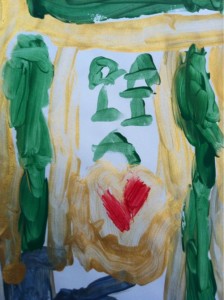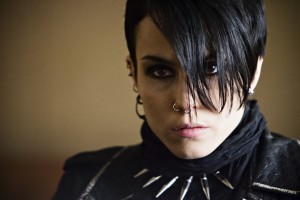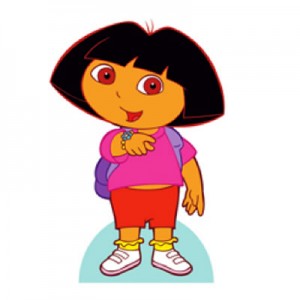No, this isn’t some tragedy like Matt foisted on our Facebook friends recently (that of the man whose wife and kids were, umm, murdered). This is more everyday, which makes it in some ways worse.
The brief story is: it’s a beautiful day in Manhattan. Literally will be 75 degrees all day. I have some work to do, and am meeting an old friend for coffee in Soho. This will be a perfectly lovely little day.
The kids’ babysitter is on vacation (paid vacation, people, this ain’t a sweatshop), so we are paying a friend of hers to come and watch the kids for a couple days. She’s bright, cheerful, and from a pretty lousy corner of the world, in the last 30 years at least: southern Colombia. We were having a perfectly fine conversation today when I made the mistake of asking her if she had kids.
Turns out she does.
Turns out they are exactly the same age as my carefree, woeless wonders: five and three years old.
No, this isn’t the more mundane weirdness/tragedy of someone looking after your kids while someone else is looking after their kids in a far borough. Instead, it turns out that her kids are still in Colombia, being raised by distant relatives, while this woman, as innocent and worthy as you or I, waits around a cell phone in Queens for spotwork for hard currency she can send back to children who must be as destroyed as she is that she’s here and they’re there.
She did not launch some dramatic Ophelian lament while telling me this. On the contrary, she sort of shrugged, with that sort of Latin stoicism that comes from being from an entire fucking continent that is on the move, in exile, accustomed to profound loss.
But me? Now I’m screwed. This is terrible news. The weather can be what it wants, but I’m going to be thinking about this woman who is watching my children today, and of her lost children 3,000 miles away.
In honor of their hard life, and in a sense of shared sacrifice, and to honor my own deep moral anguish, I will order a plain coffee in Soho instead of a cappuccino.




